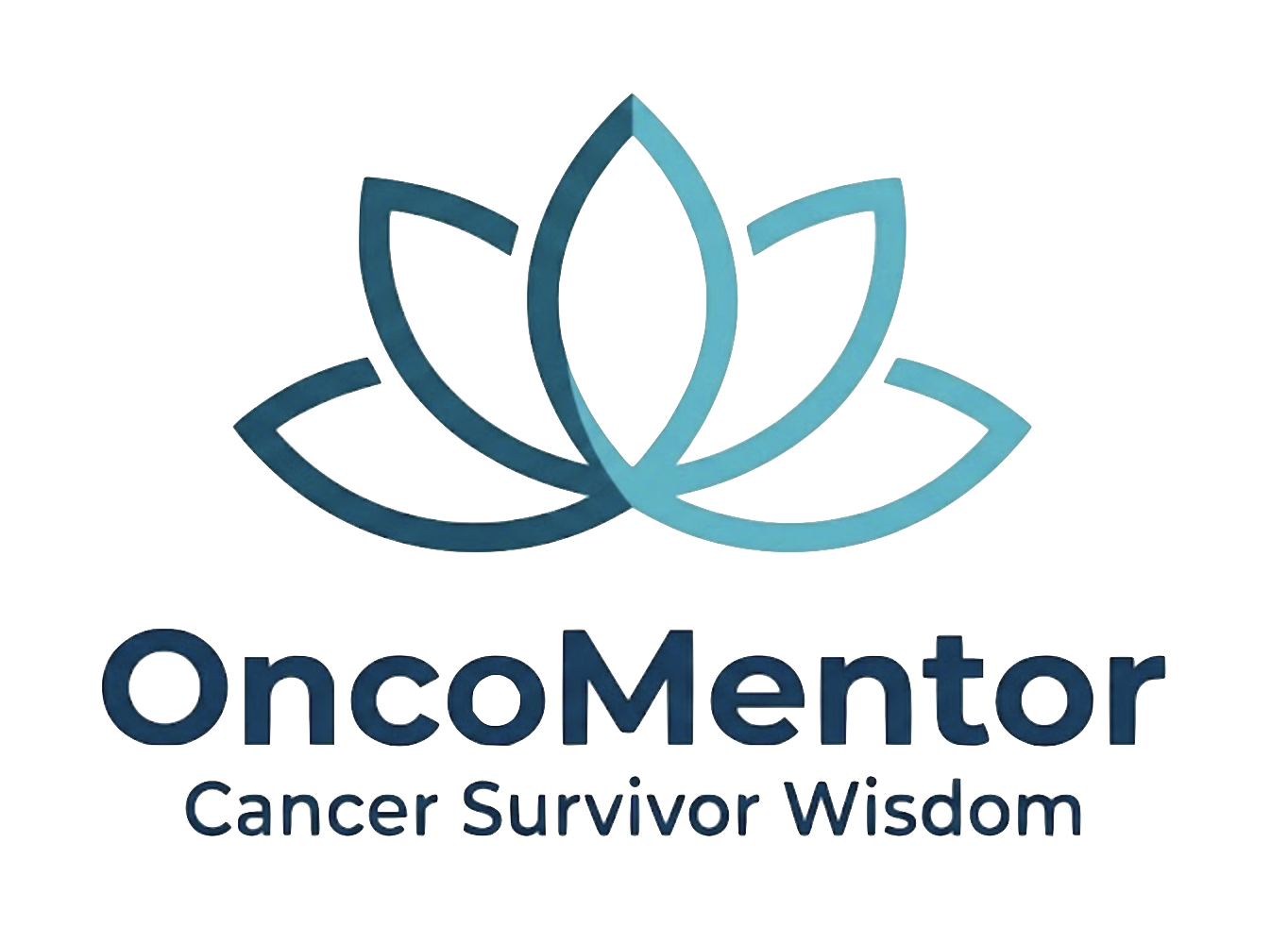Part 4: Building a Lifestyle to Counteract Cognitive Changes
After receiving a diagnosis of Cancer-Related Cognitive Impairment (CRCI), the immediate question for most survivors is a hopeful and pragmatic one: "What can I do about it?" While research into medications specifically for CRCI is ongoing, a powerful and growing body of evidence shows that a proactive, non-pharmacological approach can make a significant difference. These behavioral and lifestyle strategies are not about a magic cure but about building a toolkit of practical skills to compensate for cognitive deficits, improve mental clarity, and empower you to function better in your daily life.
One of the most structured and effective interventions is cognitive rehabilitation. Far from being a vague concept, this is a targeted form of therapy, often guided by an occupational therapist or neuropsychologist. It focuses on developing practical workarounds for specific problems. For example, if you struggle with short-term memory, a therapist might help you master the use of memory aids like smartphone apps, calendars, and daily planners. If organization is a challenge, you might learn techniques like "chunking," which involves breaking down large, overwhelming tasks into smaller, manageable steps. The goal is to build new habits and routines that reduce the mental load required to get through the day.
Just as important as training the mind is moving the body. The link between physical exercise and brain health is now firmly established, and it is a cornerstone of managing CRCI. According to a landmark 2021 clinical practice guideline from the American Society of Clinical Oncology (ASCO), regular exercise is one of the most highly recommended interventions. Aerobic exercise, such as brisk walking, swimming, or cycling, increases blood flow to the brain, reduces inflammation, and promotes the growth of new neurons. The key is consistency; starting with just 15 to 20 minutes a day and gradually increasing the duration and intensity can yield substantial benefits for both mental sharpness and overall well-being.
Finally, managing the "static" that can worsen cognitive symptoms is crucial. Techniques that promote stress management and mindfulness can help quiet a busy mind and improve focus. Practices like meditation, deep-breathing exercises, and yoga have been shown to reduce the physiological markers of stress that can exacerbate brain fog. Good sleep hygiene is another non-negotiable component. Because the brain consolidates memories and clears out metabolic waste during sleep, creating a consistent and restful sleep schedule is fundamental to optimizing cognitive function.
These strategies—cognitive training, physical exercise, and stress reduction—are not passive remedies. They are active, empowering tools that give you a measure of control. By consciously building a lifestyle that supports brain health, you can create a robust defense against the fog of CRCI, sharpening your focus one day at a time.
While lifestyle changes form the foundation of managing CRCI, some survivors may require additional support. In Part 5, we will explore the current landscape of medical and supplemental interventions being studied to treat cognitive impairment after cancer.
This article is for informational purposes only and does not constitute medical advice. The content is not intended to be a substitute for professional medical advice, diagnosis, or treatment. Always seek the advice of your physician or another qualified health provider with any questions you may have regarding a medical condition. Never disregard professional medical advice or delay in seeking it because of something you have read in this article.
American Society of Clinical Oncology (ASCO). (2021, October 11). Interventions to Address Cognitive Impairment in Adult Cancer Survivors: ASCO Guideline Update. Available at: https://ascopubs.org/doi/full/10.1200/JCO.21.01861
National Cancer Institute. (2024, May 10). Cognitive Impairment in Adults with Cancer (PDQ®)–Health Professional Version. National Institutes of Health. Available at: https://www.cancer.gov/about-cancer/treatment/side-effects/memory/cognitive-impairment-hp-pdq





